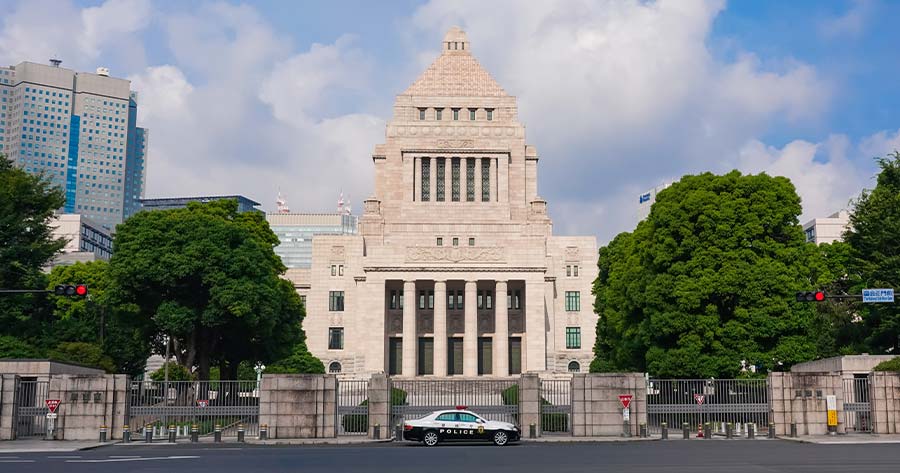Prime Minister Shigeru Ishiba announced the dissolution of Japan’s House of Representatives on Wednesday, paving the way for a snap election scheduled for October 27, despite facing criticism from opposition parties for his swift decision to seek a fresh mandate.
In a remarkably rapid move just eight days into his term, Ishiba initiated the dissolution of the lower house, a postwar record for speed. The ruling Liberal Democratic Party, entangled in a slush funds scandal, along with its coalition partner, the Komeito party, currently hold sway over the 465-member chamber.
Ishiba’s Cabinet greenlit the dissolution proposal in the morning, with plans to set the campaigning schedule to commence on October 15. The prime minister is set to address the media later in the day.
According to Japan’s Constitution, prime ministers have the prerogative to dissolve the chamber at their discretion, with the current lower house members’ term set to conclude in October 2025, necessitating an election before then.
Opposition leader Yoshihiko Noda of the Constitutional Democratic Party of Japan rebuked Ishiba for diverting attention from the “secret money” issue, alluding to the LDP’s failure to appropriately report political funds. Noda criticized the early dissolution of parliament as an attempt by Ishiba to secure an advantage during the honeymoon period of his leadership.
Referring to the concept of a political “honeymoon period,” wherein a newly elected official receives a degree of deference, the parliament typically upholds this mandate in the early phases of a term. This period is crucial for passing legislation, with the first 100 days in office often representing an optimal window for enacting policies.
Ishiba aims to steer clear of the difficulties faced by his predecessor Fumio Kishida, whose three-year government garnered record-low approval ratings due to a slush fund scandal and public dissatisfaction with escalating prices. Recent polls indicate Ishiba’s administration enjoying approval ratings of 45% to 50%, a significant improvement compared to Kishida’s final month in office, which registered ratings between 20% and 30%.





